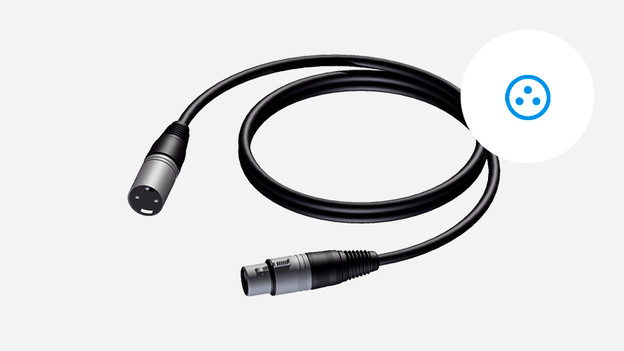
Written by Laurence
Edited on
23 August 2022
·
12:41
How do you choose an audio recorder?
With the right audio recorder, you can record all your recordings, like rehearsals, auditions, and interviews. In this article, we give you advice on what to consider when buying an audio recorder.

Choosing an audio recorder
When looking for an audio recorder, ask yourself the following:
- In what format do you want to make recordings?
- How many audio tracks do you want to record?
- In which situation are you going to record sound?

1. In what format do you want to make recordings?
Recordings can be made in different formats. Not every audio recorder supports all formats, so it's good to know in which quality you want the recordings to be, and what you want to do with the recordings. This way, you know right away which audio recorder you should or shouldn't choose.
- WAV format: high quality audio, ideal for post-processing
- AAC format: audio of reasonable quality, suitable for post-processing
- MP3 format: low quality audio, not suitable for post-processing
- MPEG-4 format: reasonable quality audio and visuals, unsuitable for post-processing

2. How many audio tracks or musical instruments do you want to record?
As soon as you want to compose songs yourself and record both vocals and guitar or drums, for example, the use of an audio recorder with multiple tracks becomes an interesting option. This allows you to capture and edit different audio tracks separately and rejoin them later on. If you use multiple music tracks to separately record sound sources, it may be wise to use an audio recorder with an XLR connector.

3. In which situation are you going to record sound?
Audio recorders have different microphones. It's important to know in which situation you're going to record. This way, you'll know which microphone is best for you.
- Omni-directional: records sound from all directions.
- Directional: A directional microphone that records sound from one side.
- Bi-directional: simultaneously records sound from the front and back.
- MidSide microphone: a directional microphone combined with a bi-directional microphone.
Article by Laurence
Audio Expert.
